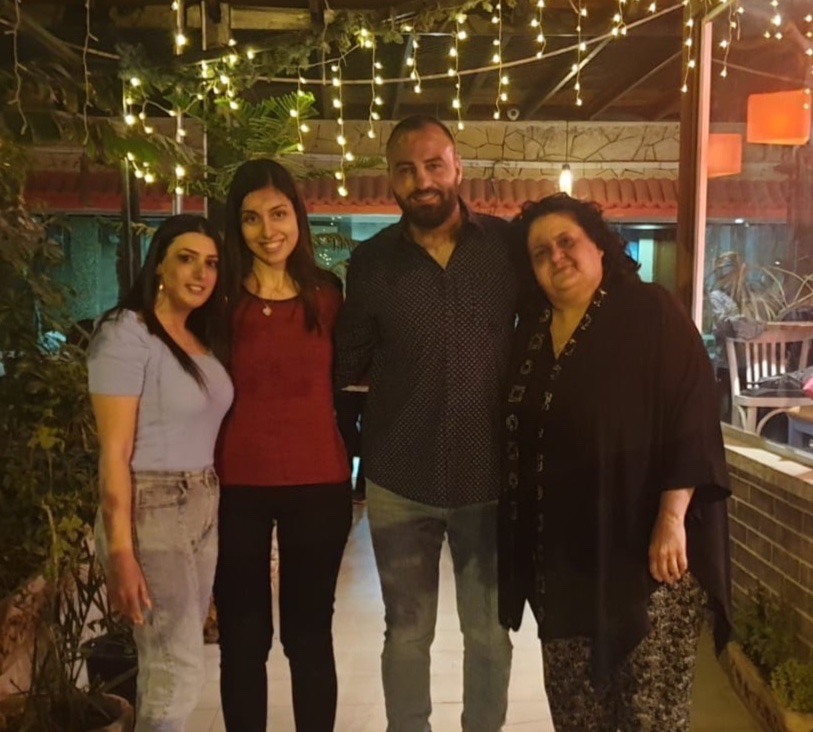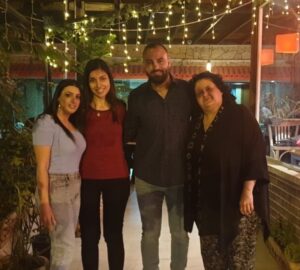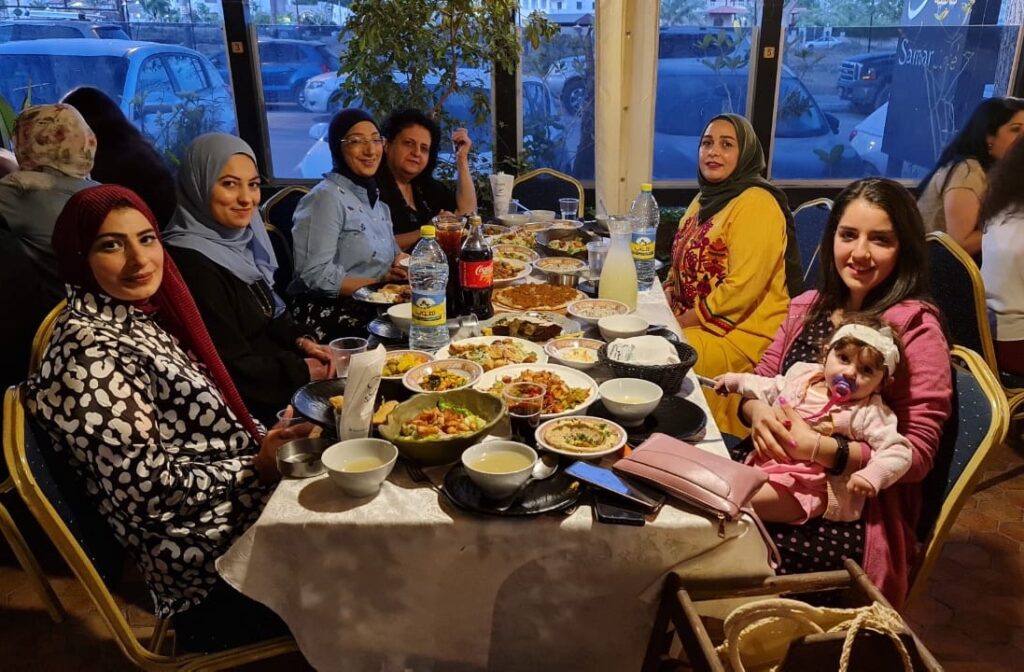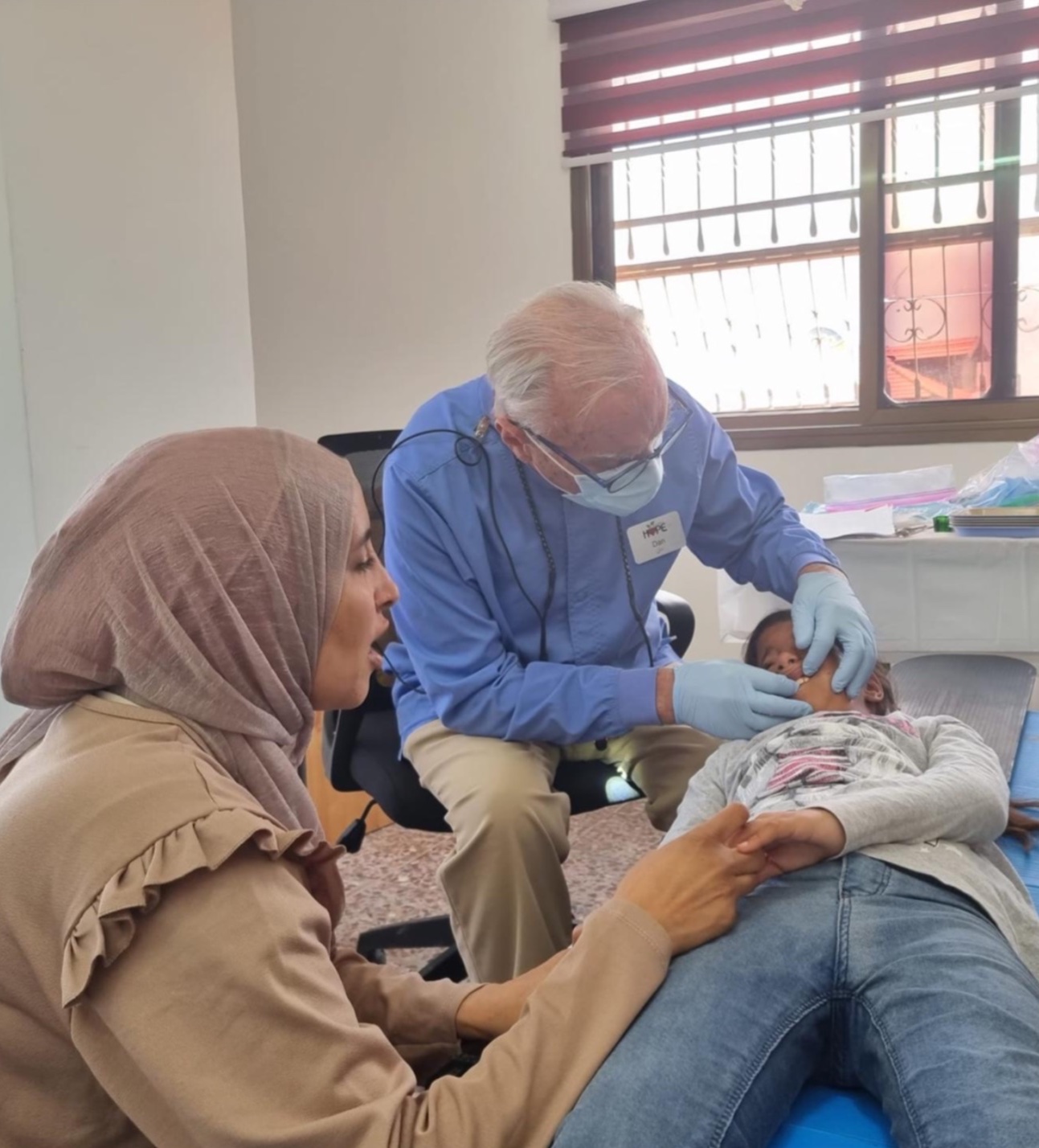
As many of us have taken time to celebrate Easter over the last week, Jericho is full of many different celebrations. For the first time in over 30 years, Easter, Passover, and Ramadan took place on the same weekend. While pockets of citizens celebrated each of these holidays—and Seeds of Hope enjoyed our own Easter celebrations—the majority of our community is Muslim and is still in the middle of Ramadan.
Ramadan, one of the holiest seasons in the Muslim faith, is observed annually and marked by fasting, prayer, and special gatherings. Observant Muslims spend about a month fasting every day from sunrise until sunset. Each night at sunset, it’s customary to break the day’s fast by gathering with other families or members of the community at a dinner called an iftar.
Living in a majority-Muslim community, we certainly feel the impacts of Ramadan each year. But at Seeds of Hope, we want to do more than just mark the time. We want to find ways to reach out to our community, even through our differences.
 “As Christians, and as a ministry, we can extend love and support to our Muslim neighbors during Ramadan,” says our CEO, Khader Ghanim. “It’s a time to choose to serve and love them well while they are sincerely trying to find truth and connection. We want to meet them where they are.”
“As Christians, and as a ministry, we can extend love and support to our Muslim neighbors during Ramadan,” says our CEO, Khader Ghanim. “It’s a time to choose to serve and love them well while they are sincerely trying to find truth and connection. We want to meet them where they are.”
Some years we arrange for food distributions so that families in need in Jericho can still have their normal celebrations. This is one easy way to highlight what we have in common with our Muslim neighbors because one reason that Muslims fast during Ramadan is to be reminded of the hungry and feel empathy for the poor. In this way, we can serve our neighbors and help them see that we’re not as different as they may assume.
Every year we also hold an iftar specifically for our Muslim staff. While our leadership and core team at Seeds of Hope are not Muslim, most of the support staff and teachers in our schools are. Hiring Muslim individuals has become an incredible avenue for outreach over the years as we’ve gotten to know them and their families. They come to trust Seeds of Hope and see the difference between it and the local schools they’ve worked in before.
“We are part of this community,” says Khader. “As believers, we can share a meal and take advantage of the time to create unity as a team and pray for them. We show them that it’s easy for us to love, even when others may think it’s hard.”
When we began hosting our staff iftar, we only had about ten people who attended. But as our staff has grown, so has this event. We now have 60–70 staff and volunteers who attend. It’s our way of showing our staff that they are loved, accepted, and respected at Seeds of Hope, regardless of their background. “This tradition has given us a sweet relationship with our Muslim friends over the years,” Khader reflected. “They do not fear our judgment but only feel our grace. While we as Christians are proud of our differences, they do not make us run the other way. We embrace them and love each other through them!”

It’s taken a long time for Seeds of Hope to be welcomed in Jericho. In the beginning, many neighborhoods wouldn’t let us offer help or visit. They were skeptical of the Christians they knew worked at Seeds of Hope and wanted nothing to do with us. However, through our commitment to build bridges with the community with events like our staff iftar, the reputation of Seeds of Hope in the community has radically changed.
Please join us in prayer that, through Seeds of Hope, more of our Muslim neighbors will see the love of Christ and be drawn to Him. What better way to do that than breaking bread and building community?


